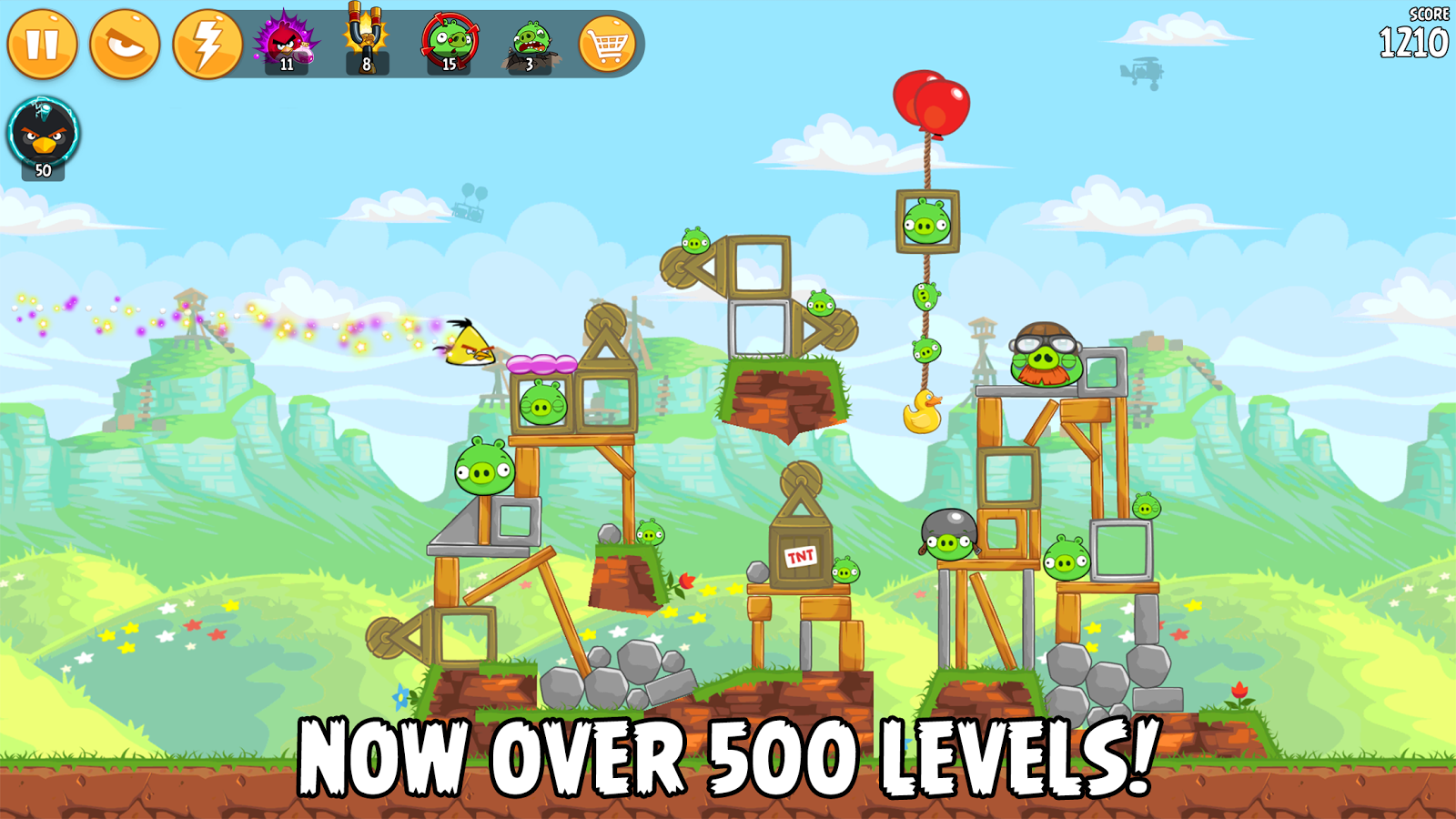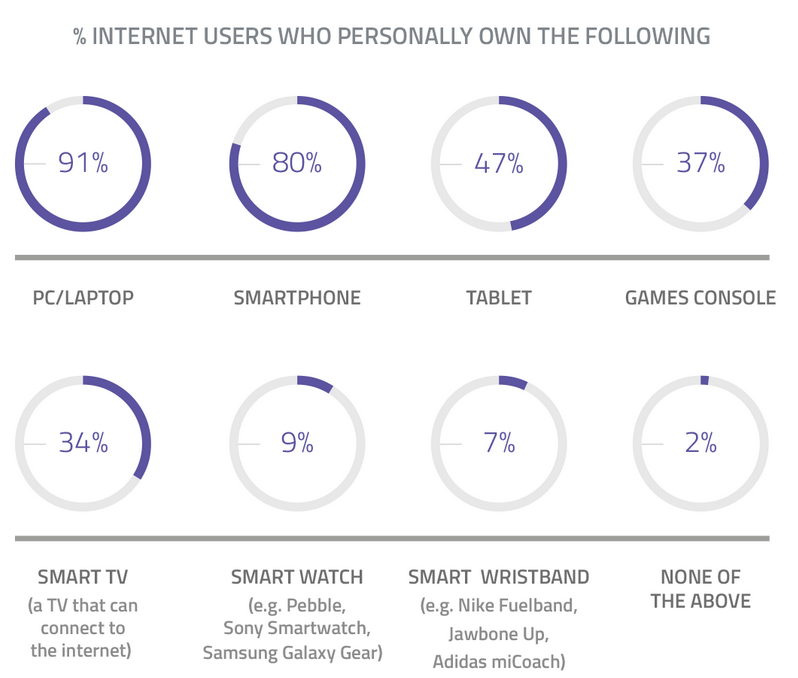As this is a question Dapper Apps gets asked on a daily basis, I figured it was time to write a detailed article on how much you should expect pay for your next mobile app.
If you’ve ever asked this question before, you’ve most likely never received a straight answer. This is because mobile app pricing is not black and white. Your app’s features, device, performance, platform, functionality and application type; will all affect the price.
This is why when you ask developers how much a mobile app is going to cost, they never give you an answer. However, in the next 8 minutes I’ll run you through everything you need to tell us before we can provide you with a quote.
1. What Type of App Do You Want?
There are 3 types of mobile apps you can choose from, they are:
Native apps must be downloaded and live on the device. They are specific to a single platform and can function with other parts of a mobile (camera, GPS, email, etc). Native apps tend to cost more but offer features and performance that are unmatched by web and hybrid apps and provide the best quality and customization.
Mobile web apps are websites that have been modified to provide the user with an app-like experience. They run on web browsers using HTML5, are cheaper to build but don’t offer the functionality or feel as polished as native apps.
Hybrid apps are a mixture between a native and mobile web app. They typically run on HTML5 and are commonly used by businesses to setup an app presence without spending too much money. Hybrid apps tend to be a popular choice but relying solely on HTML5 impacts the performance, look, feel and quality. Hybrids sit between native and web apps for cost, but given the limitations are not recommended.
2. Choosing your Mobile Application Platform
Android and the Apple iOS currently dominate the market and most businesses choose either or both. Android reach a larger demographic and are especially popular in poorer countries, given that entry phones are a lot cheaper than Apple. Typically, apps developed for Android take longer to build as they need to be created to function on all android platforms.
3. Deciding on your Devices
After selecting your platform(s), you’ll then need to decide which devices you would like your app to be compatible with. Your choices are desktops, smartphones and tablets. Here’s the overall breakdown of the total amount of Internet users who own the following devices:
Source: Smart Insights
You should research your audience and device types most used to get a better understanding on devices to target. The more devices you select, the more your app will cost to build so choose carefully.
4. Design Quality
If you want a no thrills app, that doesn’t contain 3D motion graphs, high-quality images, fading and other visual effects it will be faster and cheaper to build. For example, the calculator app on the iPhone 5 consists of a few colours, no moving images and a single screen: Compare that to Angry Birds that contains high-quality graphics, more than 500 different levels, moving images and interactive gameplay:

5. App Features
What is the purpose of your mobile app? Are you creating an app that can send users special offers if they are within walking distance of your stores? If so, you may require GPS integration. If you plan to take orders through your app, a payment processor will be required. Depending on the complexity of the feature, the costs and time to build can increase. For example, integrating location services is faster and easier than adding a payment processor that comes with recurring payment settings.
6. Level of Complexity
For example, will there be a login form for users? Is there going to be several screens with hundreds of products on show? Will your app offer personalisation based on past data and present data? Where will the data be stored? Is any integration required with other systems?
7. How to Know What You Really Need

Then get in touch with an app development agency who can help you select the right app type, devices, platforms, features to use, based on your objective.
8. So How Much Does an App Cost?
So, to answer the original question, in our time of operation we have built standard apps for as little as $3,000, to highly technical apps with unimaginable features that even NASA would be proud of, for much higher sums.
But the truth is this, until you know what you really want from your app and talk to an app developer or agency, it’s impossible to give an accurate estimate for your mobile app. Is your business thinking about creating its first mobile app? Feel free to get in touch with us today, we’d be more than happy to drill down the basics with you.


